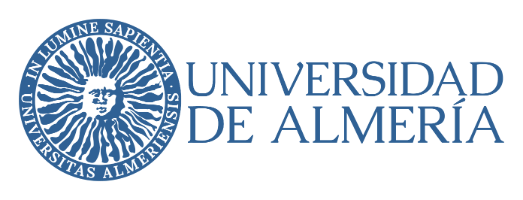Abstract
The influence of pond management on water quality for drip-irrigated crops was studied throughout a field survey and a mesocosm experiment. Water sources were pooled into two groups: ground or surface water (GW/SW) and recycled wastewater. Pond covering, which was limited to about a quarter of them, improved water quality by reducing phytoplankton biomass. However, biocide applications and pond dredging were ineffective at improving in-pond water quality. Dredging did not reduce the concentrations of planktonic chlorophyll a or total suspended solids (TSS) in GW/SW fed ponds, whereas biocide applications increased both parameters. Field and experimental data proved that the two predominant taxa of submerged aquatic vegetation (SAV) found in ponds (Potamogeton pectinatus and Chara spp.) improved water quality by increasing water oxygenation and decreasing chlorophyll a and TSS concentrations. Preserving SAV (especially Chara spp.) appears to be an environment-friendly, cost-effective and recommendable alternative strategy for irrigation pond management.





